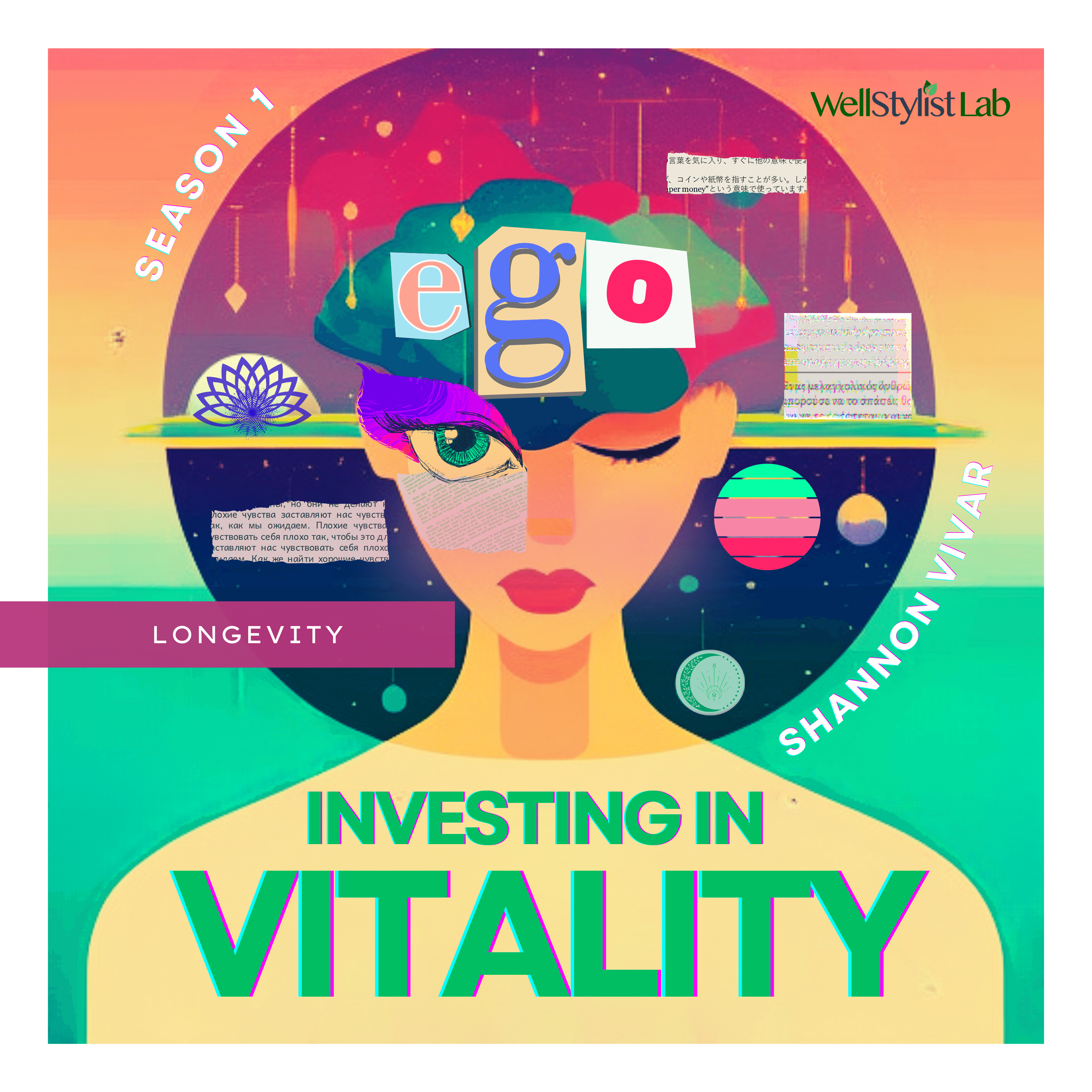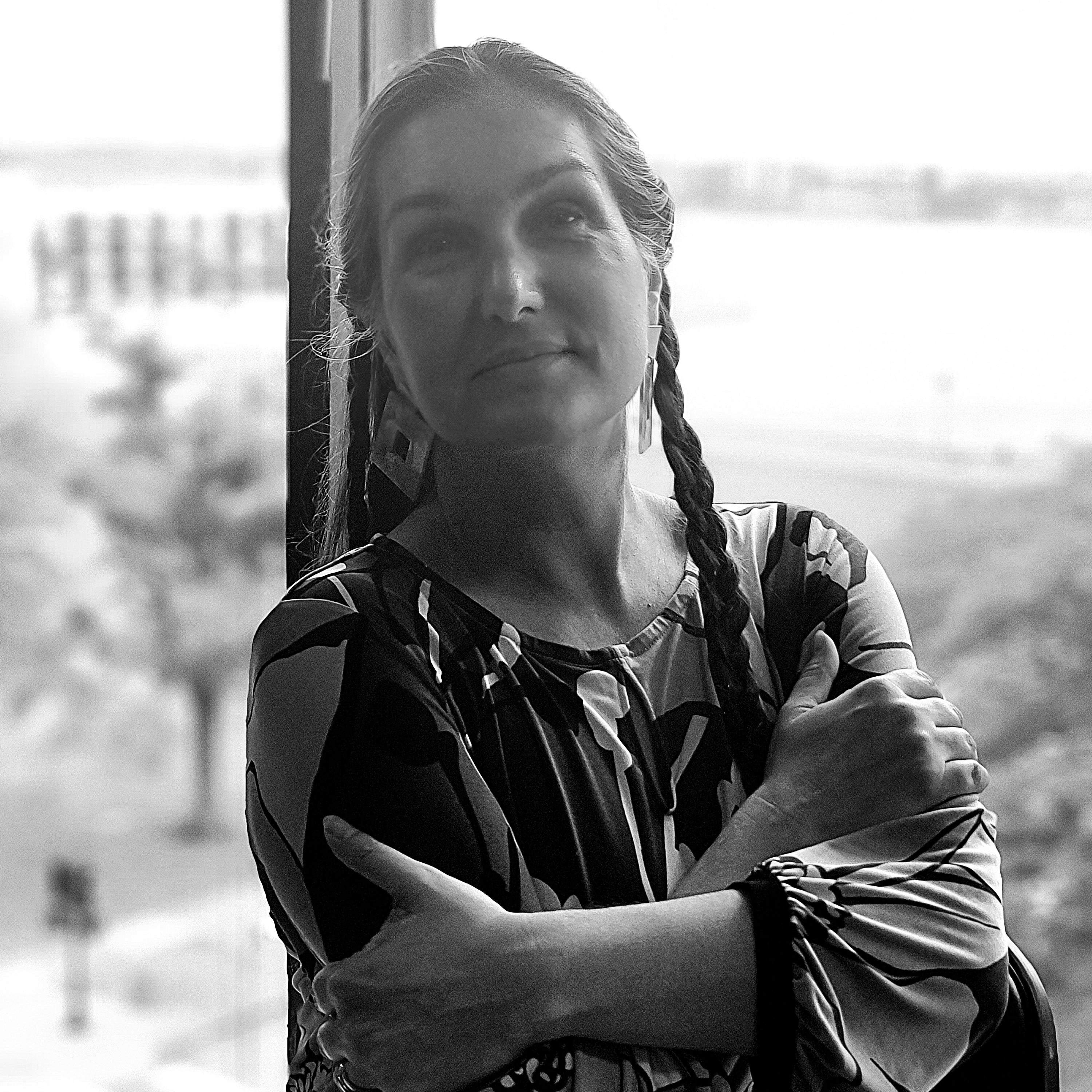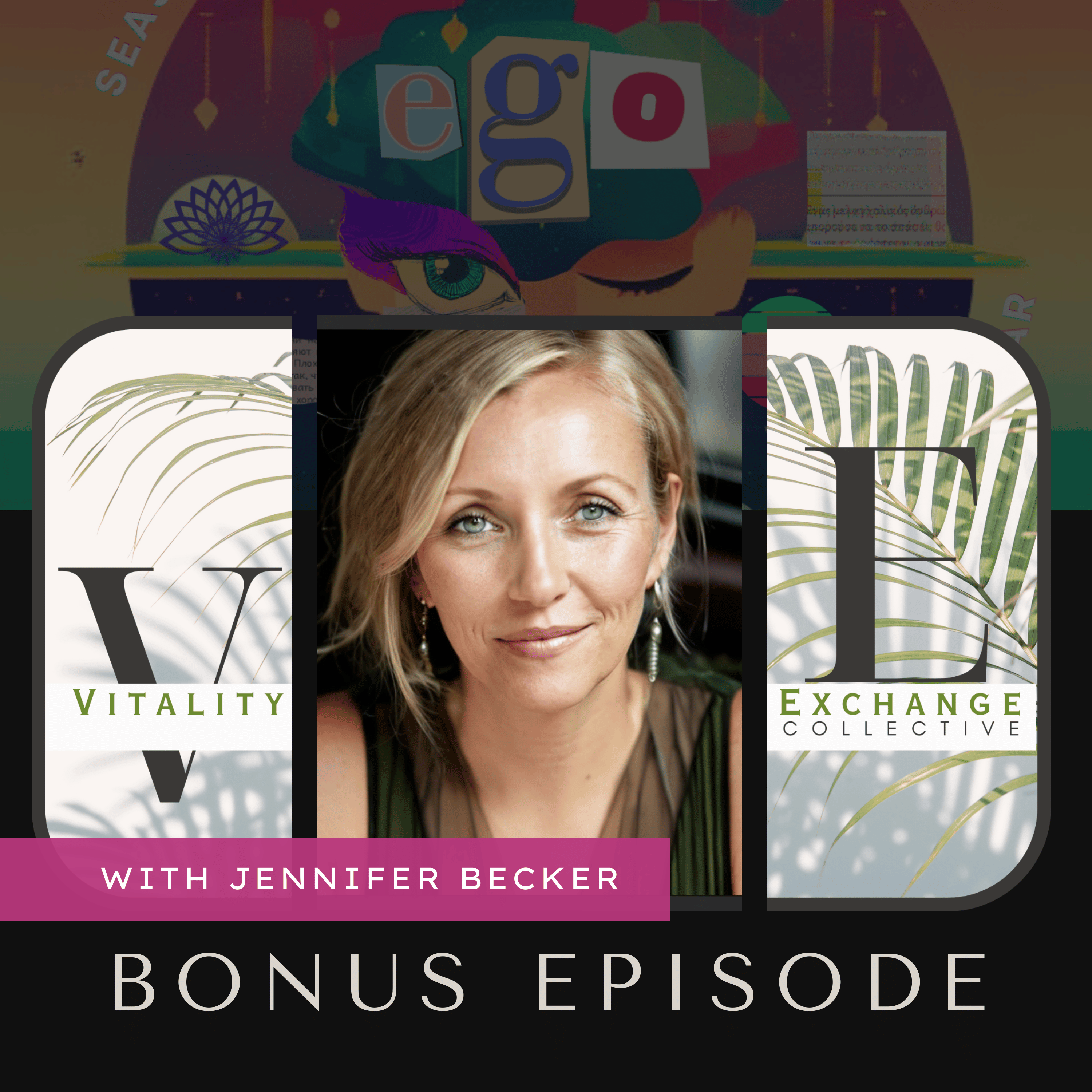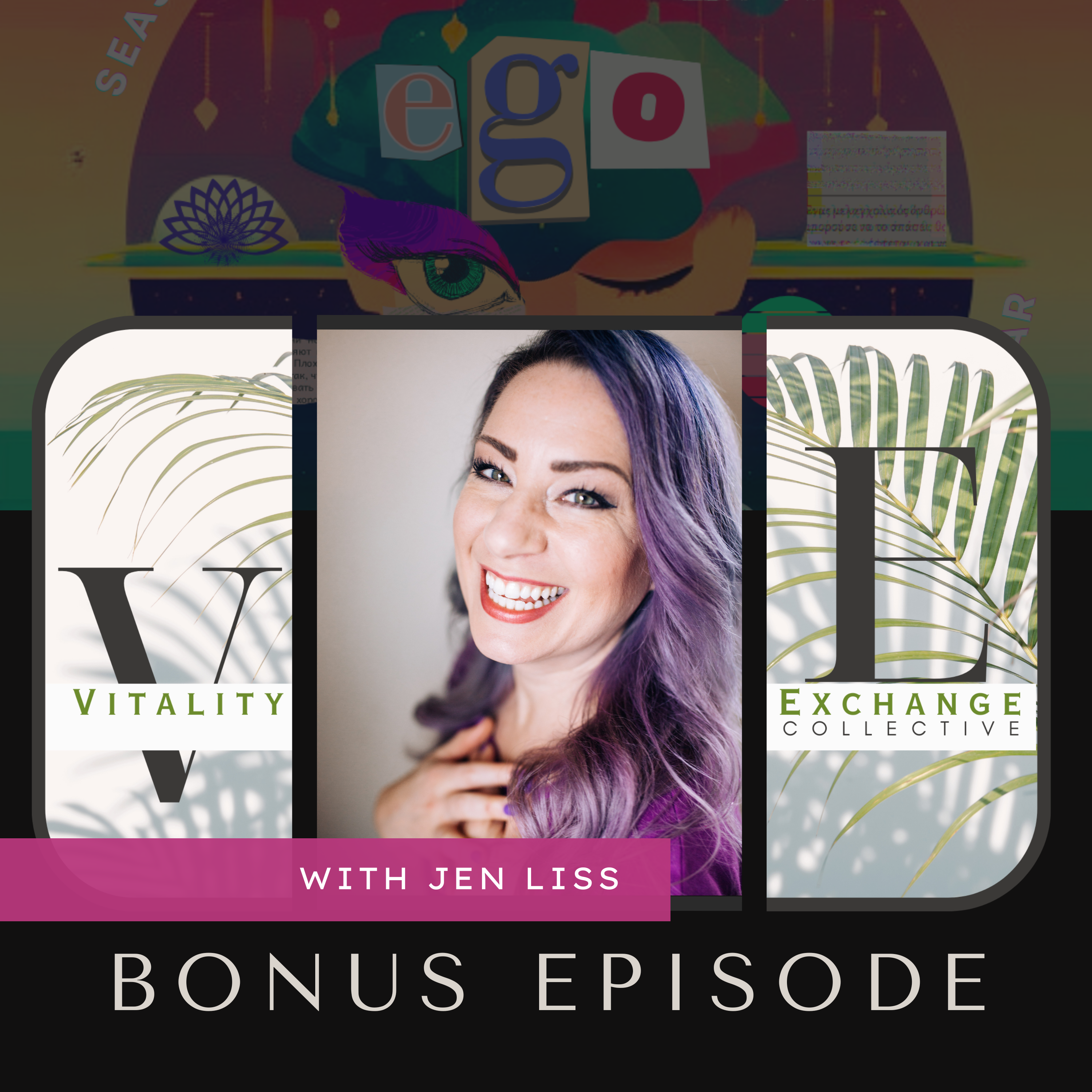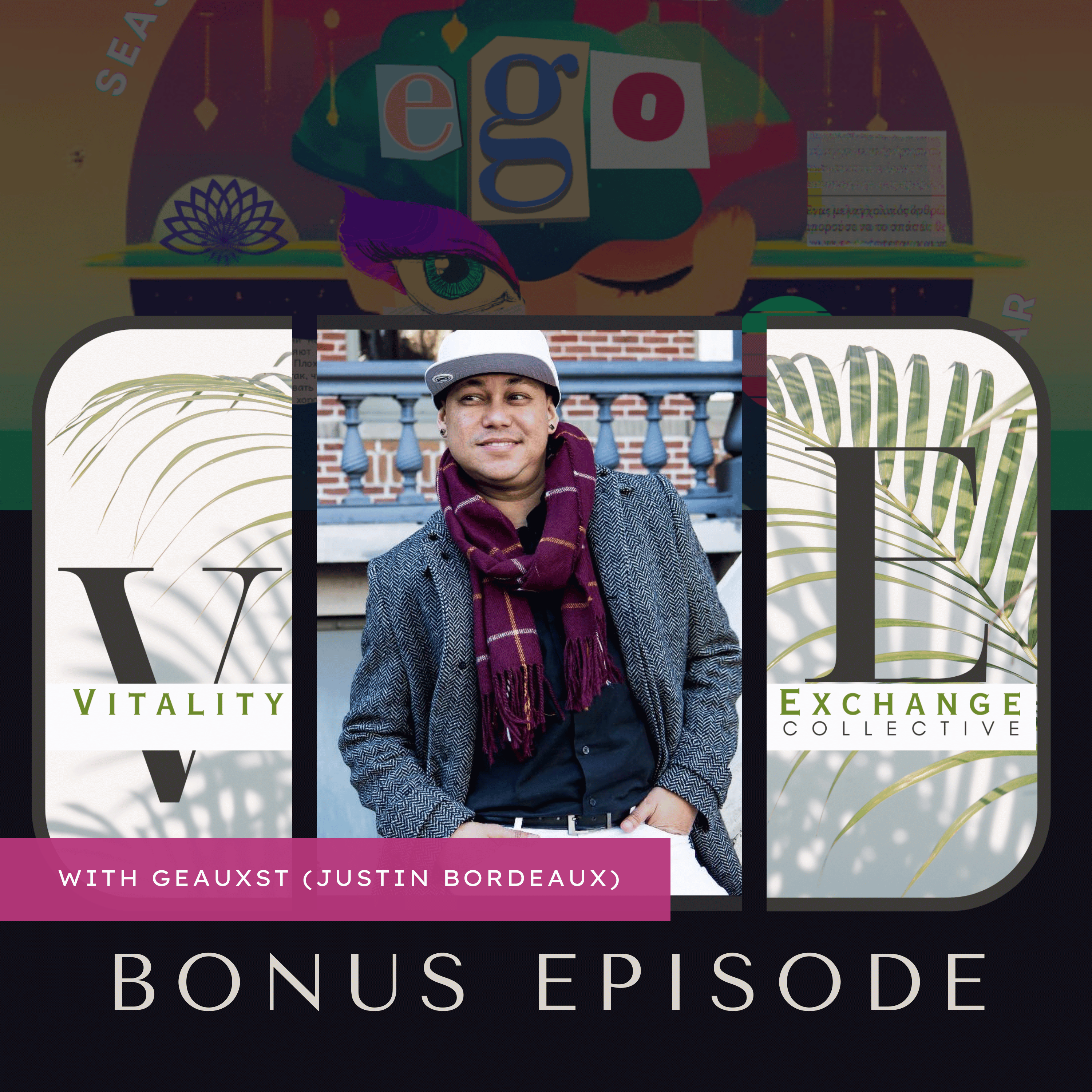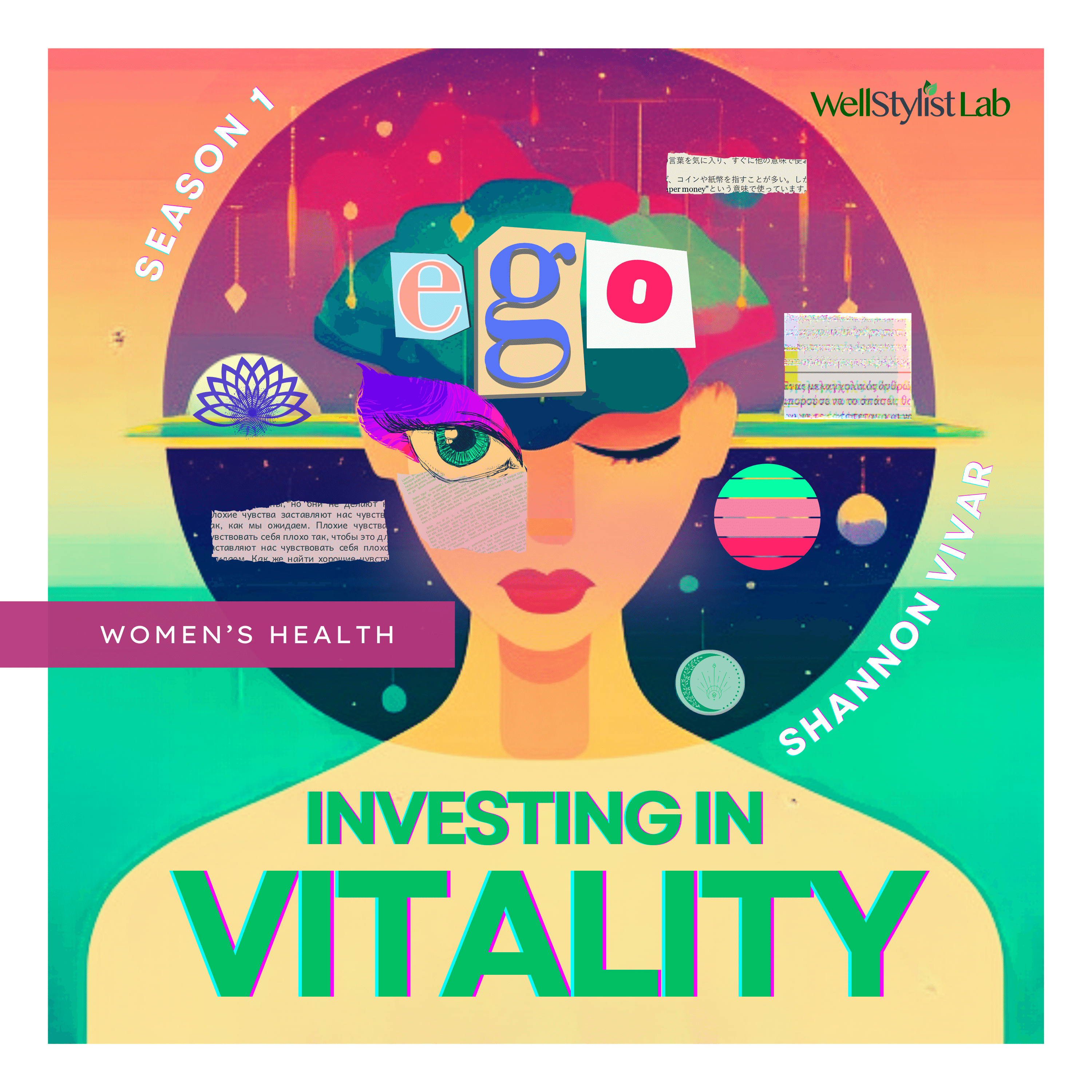Should you age gracefully or actively engage in the aging process to reap the benefits of a long and healthy life? In recent times, unhealthy lifestyles have been hindering the progress we've achieved in longevity. This episode covers epigenetics, our biological age and trends that are thought to extend life such as biohacking, fasting techniques, and medical spa treatments. Get ready to understand what those trends are trying to achieve in your body, the positive effects of adopting healthier habits and envision the profound impact longevity can have on our society in the long run. A special thank you to our featured guests: Dr. Jon Repole, Heidi Hope and Jen Liss.
View Full Transcript
Episode Transcript
With the inevitable March of time. The feelings of getting older have been a shared human experience throughout history. The quest for longevity. And that elusive fountain of youth has evolved from mystical elixirs. And enchantments. To rejuvenating, herbs and remedies to today's cutting edge biohacks and emerging scientific research. Helping to unlock the secrets of aging. TOday, we're exploring this universal aspiration and diving into longevity trends and its implication on our modern day society.
While genetics is seen as a key player in the aging process. Researchers are uncovering how epigenetics. Is revolutionizing our understanding of aging. It's not just about the genes we're born with, but how those genes are influenced by our lifestyle environment, diet, and even thoughts.
Over the past 160 years, the human lifespan has seen remarkable increase. From an average age of around 39 years to 79 years today. The increases are primarily attributed to significant advances in medical technology, antibiotics and surgical techniques. And improve living conditions with access to sanitation clean water. And enhanced nutrition. However in the last two decades. We've observed setbacks in the United States.
The rise of sedentary lifestyles, poor dietary habits and chronic stress have increased morbidity from non-communicable diseases like diabetes and deteriorated mental health. Leaning to substance abuse and higher mortality rates from drug and alcohol overdoses and suicide and younger aged adults. While these lifestyle diseases are now threatening to reverse the gains we've made. it Hasn't stopped the search and our desire to increase longevity. According to a Deloitte report, "Living 140 year long and healthy life cracking the longevity code and what this means for life science and healthcare," the top 50 longevity focused companies raised over 1 billion in venture funds as of 2020. This longevity industry is in its infancy. But spans from life sciences to health tech and WellCare. Biohacking techniques, new medical spa treatments, adaptogenic and nootropic food and beverages are offering potential solutions to these contemporary challenges. Development stemming from aging research has helped us analyze biomarkers to determine our risks of morbidity and mortality. Various tests and methods have been evolving since 2011 to calculate biological age, which is seen as more accurate representation of an individual's health and lifespan. Then chronological age.
Now longevity enthusiasts can work with platforms and order at home tests that use blood and saliva samples to determine biological age. Get a snapshot of their current health status and personalized lifestyle interventions to optimize health and potentially slow that. Aging process.
These developments have led to a lot of hype in the wellness industry. With high profile millionaires and billionaires spending mad money, trying to hack their biological age. Bingeing on spa treatments and pills designed to trick the body into age reversal. Whether you follow these diehard hackers or Seca, more bio harmonizing routes. These trends are giving options to consumers to take back their health, according to Dr. Jon Repole.
Disability in the us, you know, the ability to tie your shoes and get a cup in the cupboard is somewhere between 10 and 15 years, meaning the last 10 to 15 years of our life are spent in some sort of disability. Aging and longevity should match, where we have that vitality and the Blue Zone studies and things like that, that that is available to us.
When I was in corporate, I was doing this future of work. I was looking at all these statistics, the happiness report, the, diabetes escalation, the obesity escalation, , and, I was seeing all of these trends and I'm like, we're just killing ourselves and I'm killing myself. I'm on the trajectory of having a heart attack by the time I retire.
What am I doing? I'm not gonna do that anymore. So I'm gonna try to figure out a different way there is a different way, There are some amazing tools right now that don't cost anything that are just coming to the scene and people are starting to understand like we can really biohack our aging and longevity.
One of my favorite tools. Is fasting 'cause we start tapping into, autophagy, which is, , Pacman going around the body and cleaning up all the bad stuff.
And then, you know, on day 2, 3, 4 stem cell production, pranks up. And so I'm really excited about the different types of fasting that are available. The fasting mimicking diet that's out there by, , Dr. Volter Longo and, , the intermittent fasting of course. So those are the, the no cost things that people can start experimenting, you know, right away with.
If you were to look under the hood of the average human being walking on the planet, look inside them. The physiology is maintenance and repair. And that is one step forward, step back. Nothing is happening other than the, the tissue is being maintained in repair. And God forbid, if you go the opposite way, it would be degeneration.
Two, three steps backwards, only one step forward. But what you're talking about like the med spas and all these advanced treatments that are coming out, it's taking you from the healing continuum, which is where everybody is stuck to the other side of the equation, which is regenerative. 2, 3, 4 steps forward.
Only a step backwards and the hallmarks are autophagy, cleaning up of bad tissue and replacing it with new tissue. And that's what a lot of these new trends are really targeting is taking you away from that maintenance and repair. 'cause we don't want to repair the bad tissue. We wanna replace it. And so that's where the extremes of, therapy, fasting hot and cold therapies and then med spa, experimenting with some of the, IV treatments and the ozone.
I think if we do it the right way and we key into have that intuition listen to our body, I think it's really exciting because to me the trend is we're placing it back into the hands of the patient or you know, the consumer to be able to control their own health. And I'm, so, I'm really excited about what I'm seeing.
Well, it's easy to get wrapped up in the latest technologies and trends. You may not even need them to have a positive impact on your longevity. According to a recent million veteran program study. Of 720,000 veterans between the ages of 40 and 99. You may be able to increase your lifespan up to 24 years by implementing eight healthy habits. Everything from exercising regularly to having better social connections. The study indicated that just adding one healthy habit can lead to an extra three, four, or even five years of course changing habits is often easier, said than done. Humans are creatures of comfort and routine and breaking your patterns can be challenging.
Despite the best intentions, many of us struggled to stick to new year's resolutions and fall back into old patterns.
After only a few weeks of trying a new diet or exercise regime. And it's not a question of willpower or motivation, but rather the formidable task of rewiring our brains. This is something I recently discussed with Heidi hope. Joe Dispenza's work, talks about how your personality creates your personal reality. How we become addicted to certain states of being. And scientifically it's true that the way that we think produces emotions, emotions produce chemicals in our bodies and our bodies get.
Addicted to certain chemical combinations of the way that we're constantly living. So for a lot of us, myself included, even from the teenage years up, I was like in a chronic stress response. And so then when I started my business, this is like the only way I knew how to be was that constant, survival mode, you know?
Mm-hmm. And so you actually, you have to first observe what your patterns are, right? And then actively work to retrain your brain. It's crazy because we. Really produce our own pharmaceuticals up in our head. We're so we're addicted. You're saying we're addicted to stress. Yes. That's exactly what it is.
And so we wake up in the morning and our bodies are craving whatever that is. So if you wake up and you have anxious thoughts, Your whole life. Then you wake up and your body's like, well, let me look for something. In my environment, to reinforce the internal state.
So we're gonna find things that stress us out. Maybe that means opening your phone and looking at the news. So interrupting that pattern first thing in the morning, I think that's like, One of the most important things to start to retrain their brains and bodies into a different state.
So what if you could extend your life to say a hundred years or even 140 years, what would that mean to how our society operates?
Longer lifespans, not only reshape individual lives, but also the basic operating fabric of our society. The traditional life stages of education work retirement. They all need to be re-imagined as people live and work longer. We're already witnessing a growing trend of working retirements with many individuals choosing to stay engaged in the workforce beyond the conventional retirement age. Whether it's because of purpose and personal reasons to stay engaged or financial reasons. Some have opted for part-time work or consulting roles, or even embarked on entirely new careers. This shift is not only beneficial for the individuals providing purpose financial resources and social connection, but it can also boost economic resilience for societies. And older experience workforce can bring a wealth of knowledge, stability, and diversity of thought to the workplace. Furthermore longer lifespans can drive economic growth by increasing the consumer base for goods and services tailored to the older population. However, these demographic shifts also pose a challenge. They put pressure on pension systems and healthcare resources and may require societal adjustments. Such as age friendly workplaces. different ways of looking at retirement planning. And lifelong learning initiatives to ensure older individuals can continue to contribute and benefit from the economy. It's clear that as individuals, communities, and a society, we need to rethink our approach to aging and embrace the opportunities and longevity provides.
The world economic forum recently released a report called "Living Longer, Better. Understanding Longevity Literacy". They identified three core principles, quality of life, purpose and financial resilience. The report captured insights into how people perceive old age and the fears associated with living longer. It put forward suggestions for governments, private businesses, and individuals to consider a broader plan to address our evolving demographics.
During my conversation with Jen lists about employee experience. We dove into the perceptions of retirement purpose and how fear affects our actions. Think about like, I'm just gonna like suck it up and work this job until I can finally reach retirement.
Like I'm just gonna like suffer and carry this backpack full of crap and not deal with any of it. Because when I get to retirement, it's gonna be amazing and not true. You still got the backpack right by the time you get to retirement if you don't handle some of these things.
So if we've just raised generation after generation of people who aren't in touch with themselves and on purpose, because my goodness, if you have feelings, you're not gonna be a good cog in this machine that we've built. You know, like we have been cut off very intentionally in some ways from that.
And everything has been based on fear. Like, do the job or you're gonna lose your job, stay with the job or you're gonna lose your retirement. You know, all of those things, it's all based on fear.
Having the courage to follow your purpose or to find your purpose and start, you know, operating in that mode and yeah, there's still struggle, but at least you feel like you're on a path. It is having the courage to say ' I think that it's time for me to think about what my purpose is that led me to this point.' It does take courage and it's so worth it.
Workplace wellness initiatives could be the starting point. It could help bridge a more positive relationship between money, jobs, and health. Rethinking the definition of a working age population, addressing age-ism and helping their employees with financial resilience, both in the present and planning for the future. Employers could actually make a huge impact. Next week tune into the bonus episode for more of my conversation with Jen lists. And the following week for a look at self care trends and the beauty industry.
Since this episode is releasing on Thanksgiving 2023. I want to pause and share my gratitude for you and your continued support of investing in vitality. What today's topic. I am reminded that I don't need a special holiday to practice gratitude. Because every day is a great day to be thankful for the life we are living and for the people within it. If you celebrate this holiday, I wish you, your family and friends, a joyful meal full of healthy and delicious food and meaningful connections. Cheers.
